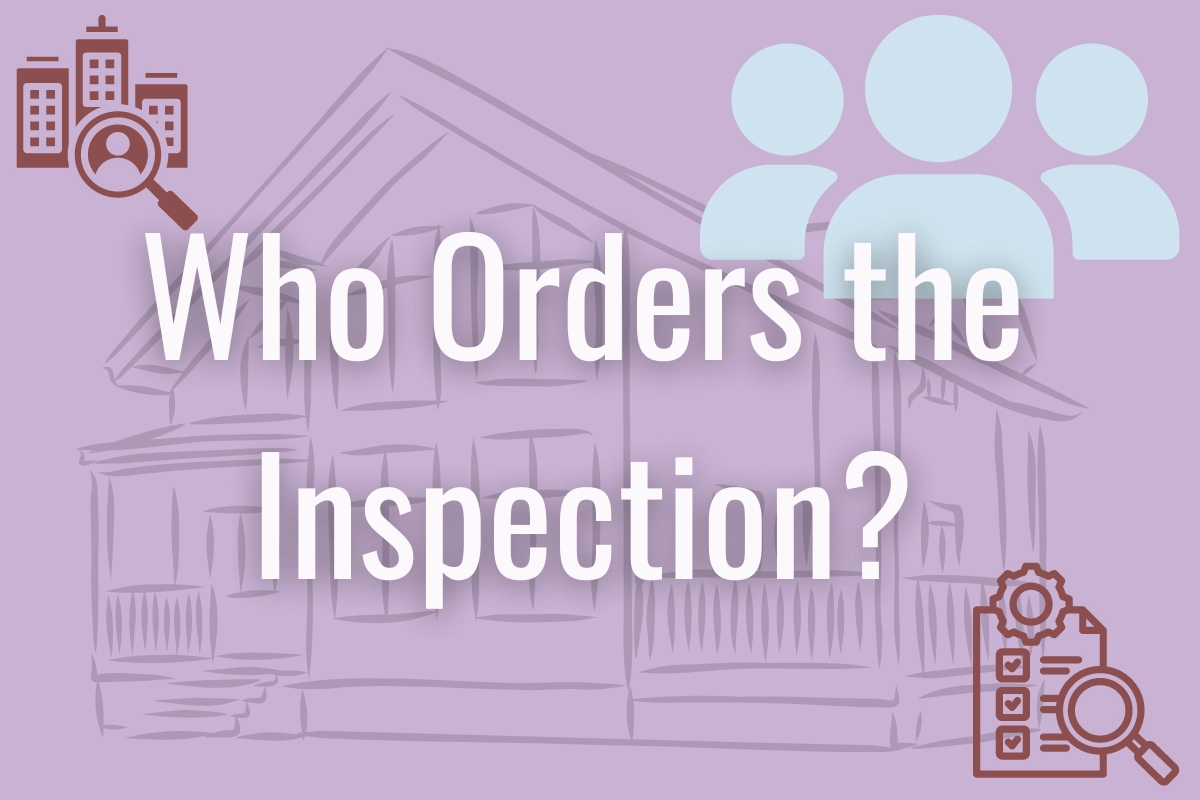Introduction
Home inspection is a critical step in the homebuying process, providing valuable insight into the condition of the property. But who is responsible for ordering this inspection? Let’s clarify this for potential homebuyers, especially as it pertains to the Bay Area real estate market.
Who Orders the Inspection?
Typically, the buyer orders the home inspection after their offer is accepted and before closing. This is part of the due diligence process, allowing the buyer to fully understand the property’s condition before finalizing the purchase. Home inspection is critical!
However, in most parts of the inner San Francisco Bay Area, many sellers will pay for the home and pest inspection so they understand the condition of the home before placing the property on the market. Local sellers may then opt to make repairs that they feel will make the home more attractive to a buyer.
However, a buyer can negotiate their own inspection contingency. If they obtain one, they can then conduct their own inspections.
Common Inspection Contingencies
Inspection contingencies are standard in real estate contracts, offering protection for the buyer. These contingencies allow buyers to back out or renegotiate if significant problems are discovered during the home inspection. Many contracts specify a set period, often 7-10 days, during which inspections must be completed.
If any issues arise, buyers can request repairs or a credit towards the purchase price. This contingency provides an important safeguard for buyers, ensuring any major faults are addressed before closing the deal.
When it is the Buyer’s Responsibility
The buyer usually selects and pays for the inspection. This ensures that the inspector works in the buyer’s best interest. Look on our Preferred Partners resource page, to find great referrals.
Benefits of Seller-Provided Inspections
Seller-provided inspections can be an attractive feature for buyers. They offer transparency, showcasing the property’s current condition from the start. By addressing issues before listing, sellers can potentially reduce negotiations over repairs, leading to quicker and smoother transactions.
Additionally, pre-listing inspections help create trust with buyers, offering assurance that there are no hidden problems. Many sellers find that investing in these inspections can ultimately support a more successful sale.
Timing>
A home inspection is generally conducted soon after the offer is accepted, during the contingency period, which allows the buyer to negotiate repairs or back out based on the inspection findings.
Popular Confusions
Seller’s Pre-Inspection
While the buyer can negotiate the right to order an inspection, most sellers in the Inner SF Bay Area opt to have a pre-inspection done before listing the property to identify and address any major issues. However, buyers should still conduct their own inspection.
Final Appraisal vs. Inspection
Some confuse the home inspection with the final appraisal. The appraisal is ordered by the lender to assess the property’s value, not its condition. However the appraiser may opine on condition if they see something that is really glaring. Things like peeling paint, major cracks in the foundation, floors with significant slope/settlement, evidence of water damage etc.
How to Make the Best Use of This Information
Choose a Qualified Inspector
Research and select a reputable, licensed home inspector with experience in the Northern California market. Local home inspectors who have a strong track record in our area are listed on our Preferred Partners resource page. Have a look.
Potential Costs and Savings
The cost of a home inspection typically ranges from $300 to $500, depending on the property’s size and age. Though this is an additional expense for buyers, the potential savings far outweigh the initial cost.
Inspections can uncover costly issues such as foundation problems or outdated wiring. By negotiating repairs or price adjustments, buyers can mitigate unexpected expenses down the road. This upfront investment protects buyers and ensures they are making a sound financial decision.
Review the Report Thoroughly
Carefully review the inspection report and consider any necessary repairs or issues identified. Discuss everything with the inspector and your agent to better understand any issues.
Negotiate
If you have retained a contingency, you can use the inspection findings to negotiate repairs, a lower purchase price, or even decide to back out if significant issues are uncovered.
Timing
In the competitive Bay Area, dynamics around inspections and negotiations can vary. Discuss with your real estate agent the best strategies for approaching inspections in your specific market. Typically inspection takes 7 to 10 days, so don’t procrastinate. Be timely with inspections orders.
The home inspection is a crucial step in the home buying process. We would never advise anyone to purchase a home without a home and pest inspections. As mentioned earlier, in our local market area, many sellers obtain these important inspections as part of preparing the homes for the market. It provides an opportunity to gain an in-depth understanding of the property’s condition, which can inform negotiations and final decision-making. Use our handy Preferred Partners guide to find an inspector you like.

